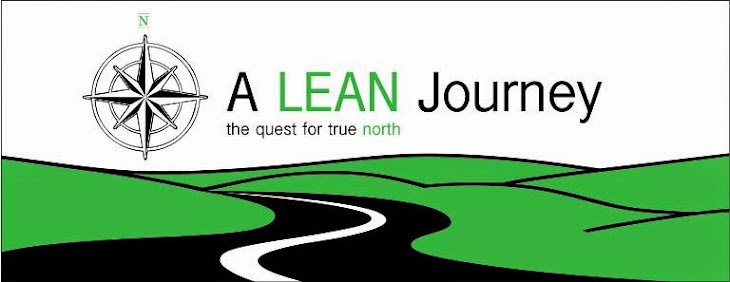Toyota Under Fire takes you beyond the headlines and into the offices and factories of Toyota to reveal the truth behind the company’s highly publicized and controversial recall of nine million vehicles last year.
takes you beyond the headlines and into the offices and factories of Toyota to reveal the truth behind the company’s highly publicized and controversial recall of nine million vehicles last year.
Jeffery Liker, the author of Toyota Way , and Timothy Ogden co-author this historic case study providing new insight into Toyota’s culture. Toyota Under Fire chronicles the events of the recession and the recall crisis in detail, providing valuable lessons any business leader can use to survive and thrive in a crisis, no matter how large:
, and Timothy Ogden co-author this historic case study providing new insight into Toyota’s culture. Toyota Under Fire chronicles the events of the recession and the recall crisis in detail, providing valuable lessons any business leader can use to survive and thrive in a crisis, no matter how large:
- Crisis response must start by building a strong culture long before the crisis hits.
- Culture matters far more than decisions made by top executives.
- Investing in people, even in the depths of a recession, is the surest path to long-term profitability.
The books consists of five roughly chronological chapters:
1. The Most Admired Company in the World
2. The Oil Crisis and the Great Recession
3. The Recall Crisis
4. Response and the Road to Recovery
5. Lessons
This book provides a clear account of the crisis amid a litany of heresy. They get to the truth by going to the source, or what we call genchi gunbutsu – go and see for yourself to learn what is really going on. Toyota Under Fire is a very well researched and detailed book.
I particularly enjoyed the last chapter where Jeff and Tim provide a comprehensive analysis of what others can learn from Toyota about crisis management and turning crisis into opportunity. They summarize four main lessons to be learned from how this crisis was handled:
Lesson 1: Your Crisis Response Started Yesterday
Turning crisis into opportunity is all about culture. It’s not about PR strategies, or charismatic leadership, or vision, or any specific action by any individual. It’s about the actions that have been programmed into the individuals and teams that make up a company before the crisis starts.
Lesson 2: A Culture of Responsibility Will Always Beat a Culture of Finger-Pointing
By not pointing fingers Toyota was able to turn the energy from the crisis from anger or despair to positive improvement energy. The starting point was to take care of customers. Then energy turned to looking in each function and finding opportunities for improvement to respond more quickly to every customer concern, whether rooted in technical defects or customer perception.
Lesson 3: Even the Best Culture Develops Weaknesses
Toyota’s investment in a shared culture of continuous improvement is remarkable and practically unique. But, the company still encountered difficulties that were directly attributable to weaknesses in their culture. The greatest threat to a culture of continuous improvement is success.
Lesson 4: Globalizing Culture Means a Constant Balancing Act
Developing a shared corporate culture across varied national cultures is perhaps the biggest challenge facing modern multinational corporations. The balance between centralized and decentralized, global and local is even harder than most people think. It was out of this balance toward too much centralization and where they took bold actions to provide more power and influence to local leaders.
Challenge is the source of energy to go beyond goodness to greatness. After a crisis the goal is never a steady state of returning to the status quo. That’s perhaps the final and most important lesson of turning a crisis into an opportunity.
Toyota Under Fire is highly recommended business leaders, Lean thinkers, and those interested in learning from crisis management. I believe the message of this book will serve as an essential lesson on the importance business culture and crisis management for all students of business.
is highly recommended business leaders, Lean thinkers, and those interested in learning from crisis management. I believe the message of this book will serve as an essential lesson on the importance business culture and crisis management for all students of business.
Get Yours Today!
 A Lean Journey
A Lean Journey 





Leave a Comment
Your email address will not be published. Required fields are marked with *